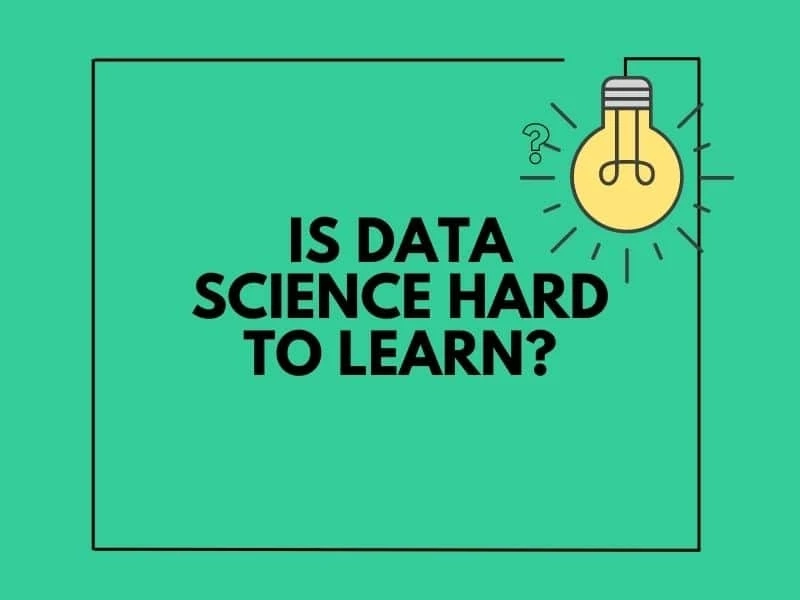Data science is an emerging field that has been rapidly growing in popularity due to its value in our increasingly data-driven world. But what exactly is data science? Data science is the research, analysis and extraction of insights from data through the use of mathematical, statistical and machine-learning techniques.
So, Is Data Science a hard skill to learn? The answer is a little complicated – like any skill set, it depends on the individual\'s ability to grasp new concepts and develop proficiency in them. Generally speaking, learning data science requires a combination of technical and analytical know-how – you need to have a solid understanding of math, statistics, computer programming languages such as Python or R and basic database queries.
The good news is that once you have acquired the right skillset for data science the applications are endless. You can gain insights into consumer preferences, perform forecasting for financial markets or create predictive models for healthcare. To build these types of projects and applications, you\'ll need to be proficient with one or more programming languages like Python or R and comfortable with querying databases.
At its core, data science emphasizes answers instead of questions; it dives into complex datasets to find useful patterns and insights that can be used to turn those datasets into actionable intelligence. While the journey from novice to expert can be daunting at first glance, those who are willing to put in the effort can find immense satisfaction in mastering this craft – unlocking invaluable discoveries about our world along the way.
Understanding the Complexity of Data Science
Data science encompasses many disciplines, including algorithms, machine learning, statistics, mathematics, programming and data manipulation and visualization. In addition to knowledge in these areas, success in data science requires strong problem-solving and critical thinking skills, as well as the ability to communicate insights and stories effectively.
The complexity of data science makes it difficult for many people to learn. Understanding the intricacies of algorithms and being able to apply them requires a certain level of technical competency that not everyone can easily master. Machine learning requires an understanding of the mathematical models used to manipulate data to make predictions about future trends or understand past patterns. Statistics includes both descriptive and inferential concepts that require a significant time investment to become proficient with its math-based approach. And programming is necessary for manipulating large datasets as well as creating meaningful visualizations from them.
Data science also demands excellent problem-solving skills, which involve being able to identify appropriate methods and resources for obtaining helpful answers from complex datasets. Critical thinking is also key when it comes to interpreting gathered data – knowing how this information may change depending on varying conditions or contexts and how it can be used to inform decision-making processes. Finally, those who want a successful career in data science must be able to tell compelling stories with their gathered insights – communicating their ideas effectively so they can be understood by their audiences.
Challenges to Learning Data Science
First, having the right technical skills is essential for a successful career in Data Science. This includes knowledge of programming languages like Python, R or SQL and mastering databases such as Hadoop and MongoDB. Also important are strong analytical thinking skills and be comfortable working with large data sets. Finally, mathematics and statistics provide the necessary foundation for developing effective machine-learning algorithms to analyze data.
Another major challenge involves knowledge management. Keeping up with current trends in the industry can be difficult, especially if you don’t have any experience yet. It’s important to stay informed about new tools and techniques used by data scientists to stay competitive in the job market. Furthermore, using version control systems such as Git simplifies collaboration on projects between team members and ensures code quality.
Analytics Jobs
Although data science is increasingly becoming automated, problem-solving strategies remain a key part of the profession. Learning how to approach complex problems and identify solutions that are both practical and efficient will take time but is well worth the effort – especially when dealing with large datasets or exploring new technologies within the domain of data science.



